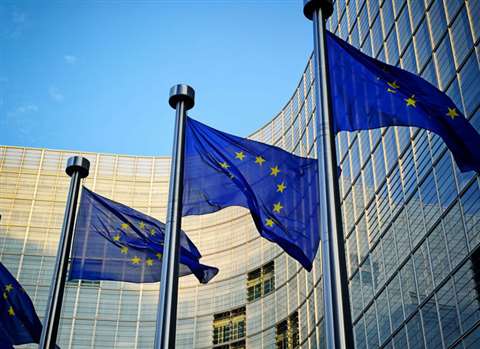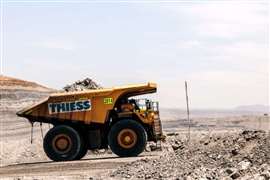Transparency in harmonised standards welcomed
26 November 2018

A new European Commission (EC) communication on harmonising standards has been welcomed by the EBC (European Builders Confederation), although the association called for “greater discussion and co-ordination of all stakeholders in the process to continue the successes”.
The EC has published Harmonised standards: Enhancing transparency and legal certainty for a fully functioning Single Market. This communication highlighted the success of standardisation in developing the Single Market, and proposed further improvements to the standardisation process.
EBC, which represents construction’s micro-enterprises and SMEs (small and medium-sized enterprises), and its secretary general, Eugenio Quintieri, said it agreed with the success of standardisation that had been achieved so far.
It said that the new approach, launched in the 1980s, represented a major triumph for the Commission and provided a framework for many thousands of harmonised European Standards to be written, published and applied. It said this allowed standards to be market-driven and, crucially, it allowed those best able to draft standards – mainly the industry and those using the standards – to do so.

The Commission will prepare a guidance document to clarify the roles and responsibilities of the different actors during all stages of the harmonised standards development further.
EBC said that it welcomed this initiative, and requested that due account be taken of the legitimate interests of all stakeholders, not only regulators, in the process. EBC added that it also welcomed the many references to SMEs, their role in the standardisation process, the need to ensure their increased participation in standards-writing, and their importance to the EU economy in general.
The Communication calls, repeatedly, for “legal certainty”, EBC pointed out, saying that it supported the need for clarity of the roles and obligations of all stakeholders in meeting EU regulatory requirements. It underlined, however, that legal texts provided legal certainty; voluntary standards provided one effective and efficient way of satisfying the clear legal provisions.
EBC said that four proposals for action had been suggested.
The Commission will use its best endeavours to eliminate the remaining backlog of uncited hENs (harmonised standards). EBC fully supported this, saying it recalled that progress in standardisation was based on compromise and consensus.
The second proposal was to review its decision-making processes to streamline the publication of references to hENs. EBC welcomed this, too, but underlined that standards were voluntary means of meeting legal provisions, not legal provisions themselves.

The next suggestion was for elaborate guidance in implementing the Standardisation Regulation, in particular the roles and responsibilities in the development process of hENs.
EBC called for more clarity on roles, especially of contractors, but it also proposed that while legal texts could not easily be changed, standards were flexible tools which could be rapidly and efficiently adjusted as needs arose.
The final proposal was to reinforce the system of consultants to support swift and robust assessments of hENs. EBC said it welcomed the work done by consultants, but believed closer work with technical committees to guide them at an earlier stage would be helpful.






